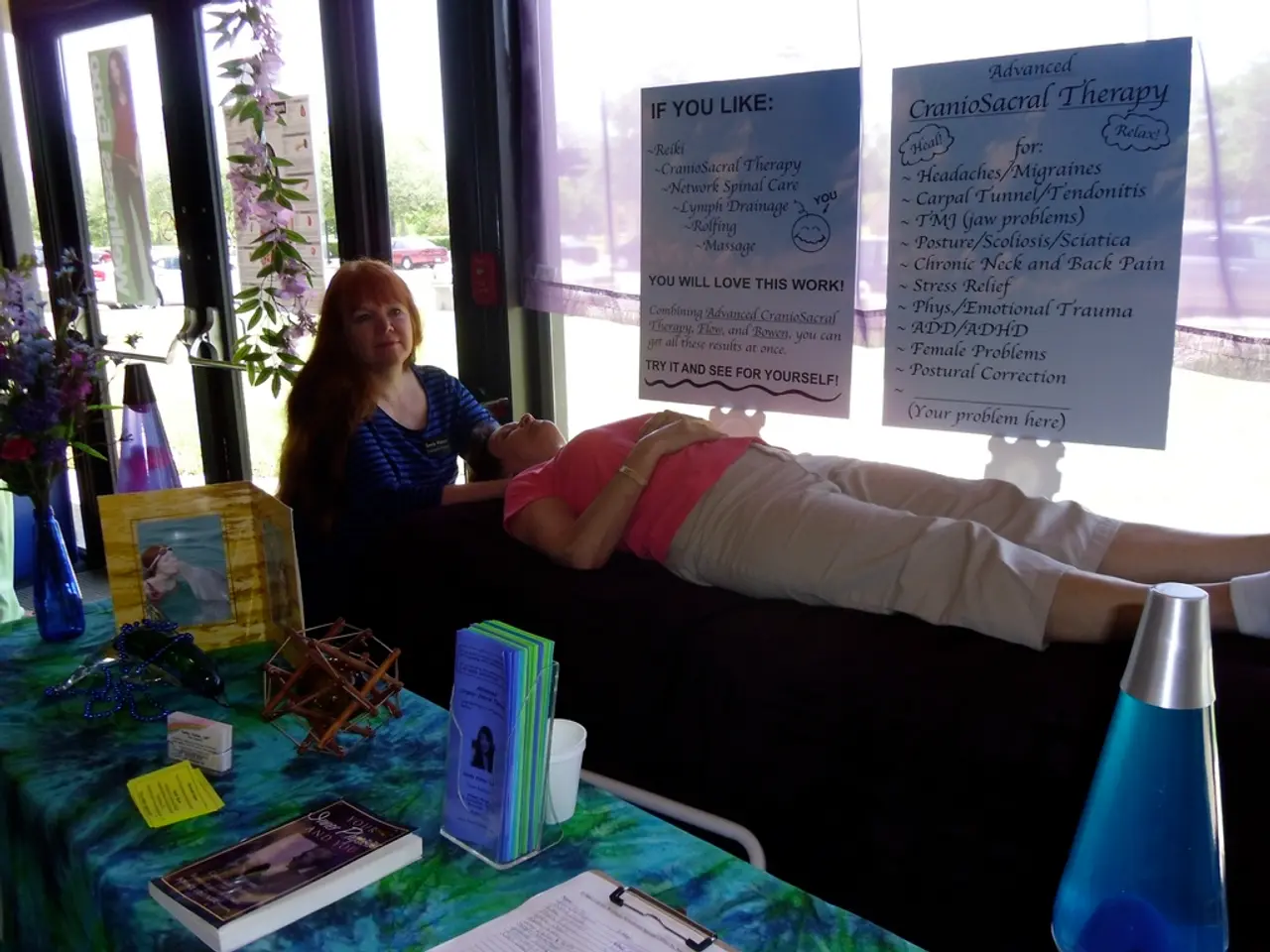Navigating Life's Upheavals: Managing Mood Fluctuations
In a recent study, nine adults with bipolar I or II disorder underwent up to 20 sessions of behavioral activation therapy, a treatment designed to help them manage their mental health more effectively.
The therapy, tailored specifically for bipolar cycles, added strategies for spotting early warning signs of mania and balancing activity with rest. This version of behavioral activation seemed to spark perspective shifts, leading to acceptance of the condition, of inevitable mood swings, and of themselves.
One of the key findings was that learning to accept their moods and diagnosis made it possible for people to attempt new behaviors in the first place. This acceptance reduced self-blame and rumination, creating space for more balanced responses. Participants learned to respond differently to moods, easing guilt and rumination.
As a result, participants became more open about their diagnosis and more willing to accept help. They noticed more subtle, longer-term gains, particularly a greater sense of stability. Changes in relationships were noticed, including less guilt, clearer boundaries, and healthier communication with family and friends.
Participants also described tools to 'ground' themselves, softening the peaks and troughs of bipolar mood shifts. Greater engagement at work or in daily life was observed, with some feeling more able to contribute and enjoy the present. Immediate boosts were reported after therapy sessions, describing them as mood-boosting in the moment.
Therapy improved daily functioning and relationships by encouraging openness and healthier boundaries. Behavioural therapy was found helpful for people with bipolar depression in building self-acceptance. Clinicians might find weaving in strategies that foster self-acceptance alongside activity scheduling could make behavioral therapy more effective.
The takeaway for people living with bipolar depression is that progress isn't only about 'fixing' symptoms, but about learning steadiness, self-kindness, and healthier ways to ride the highs and lows. This study highlights that therapy can help people live more peacefully with their condition, even when mood swings remain.
Read also:
- Inadequate supply of accessible housing overlooks London's disabled community
- Strange discovery in EU: Rabbits found with unusual appendages resembling tentacles on their heads
- Duration of a Travelling Blood Clot: Time Scale Explained
- Fainting versus Seizures: Overlaps, Distinctions, and Proper Responses






